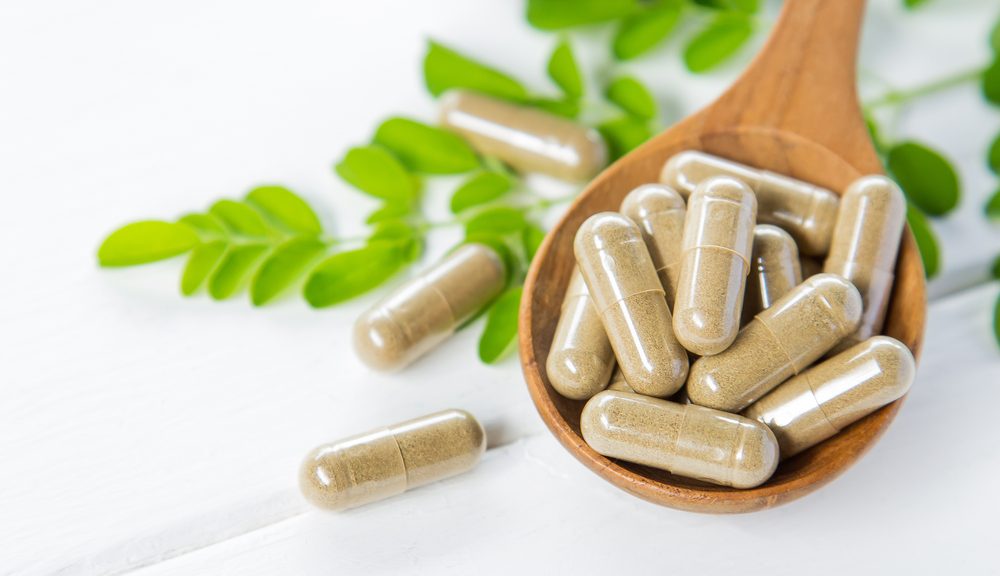
Have you tried Nootropics?
By medical nutritionist Dr Sarah Brewer, an expert in food, herbs and supplements
Nootropics is one of the fastest growing areas in nutritional medicine. Essentially, a nootropic is a ‘smart’ supplement that aims to improve your focus and ability to think straight. While a single nootropic is often helpful on its own, they are usually blended together in a brain ‘stack’, and taking them is known as ‘stacking’. These terms are borrowed from the world of elite sports nutrition. Combining nootropic ingredients means that a lower dose is needed than when taking the supplements individually, which also reduces the chance of side effects.
Caffeine
If you’ve ever downed a strong cup of coffee to help you think straight, then you’ve practised nootropics. Some nootropic supplements include a caffeine source such as guarana or kola nut, while some don’t. If you already drink a lot of tea or coffee or have high blood pressure then you may want to select a nootropic that is caffeine-free. Having said that, nootropics that do contain caffeine (for rapid focus) usually also include L-theanine, an amino acid which reduces caffeine-related stress responses and promotes alpha brain waves associated with relaxation and creative thoughts.
Ginkgo
If you are new to nootropics, then a Ginkgo biloba blend is a good place to start. Gingko biloba leaves contain unique ginkgolides which improve blood flow to the brain, and improve the transportation of nutrients and neurotransmitters via the hollow microtubule transport system within brain cells. The results from nine trials, involving over 2,500 people, show that Ginkgo biloba is more effective than placebo for improving cognition (thought processing) in older people.
Gotu kola
Gotu kola is a rejuvenating, Ayurvedic herb whose unique glycosides have beneficial effects on memory, cognition and mood in healthy elderly volunteers. Despite their similar names, Gotu kola is not related to the kola nut and does not contain caffeine.
Bacopa monnieri
Bacopa monnieri is one of the most exciting herbal nootropic as preclinical studies show it can increase the number and density of the branching (dendrites) through which brain cells communicate. Bacopa monnieri contains unique, antioxidant bacosides, which have anti-inflammatory effects to reduce brain cell damage, enhance synaptic linkages involved in learning, increase cerebral blood flow and boost levels of key neurotransmitters.
Ashwagandha
Ashwagandha is also known as Indian ginseng and contains unique substances known as withanolides, which appear to improve working memory and reaction time.
Rhodiola rosea
Rhodiola, or mountain ginseng, contains rosavins which are both calming and energising. Extracts are used to overcome stress and fatigue and to support mood and cognition. The combination of Rhodiola rosea and Ginkgo biloba can produce more significant improvements in cognitive function than either used alone.
The above herbal extracts are usually blended with omega-3 fish oils, phosphatidylserine, choline and B vitamins to provide building blocks for making brain cell membranes and to regulate the release of nerve cell communication chemicals.
I’ve started taking a caffeine-free nootropic and have really noticed a difference within just a few weeks.
NB As always, seek medical advice before taking any supplement if you have a health condition or are taking prescribed medicines, as interactions are likely. Do not take nootropic supplements if you are pregnant or breast feeding.
A bout Dr Sarah Brewer
bout Dr Sarah Brewer
Dr Sarah Brewer is a medical nutritionist and an expert in food, herbs and supplements. She qualified from Cambridge University with degrees in natural sciences, medicine and surgery. After working in general practice, she gained a master’s degree in nutritional medicine. Sarah is a licensed medical doctor, a registered nutritionist and a registered nutritional therapist.
Subscribe to her newsletter to get a FREE 46-page PDF Do You Need A MultiVitamin? at nutritionupdates.subscribemenow.com For more information on diet and supplements, visit Dr Sarah Brewer’s nutritional medicine website at www.DrSarahBrewer.com.
www.ExpertHealthReviews.com and www.MyLowerBloodPressure.com.